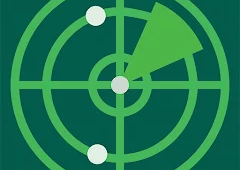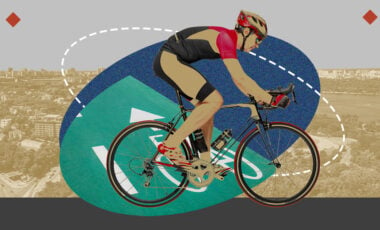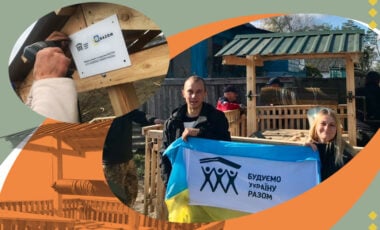United to win: Latvia commits €20 mln to Ukraine's Drone Coalition by 2025
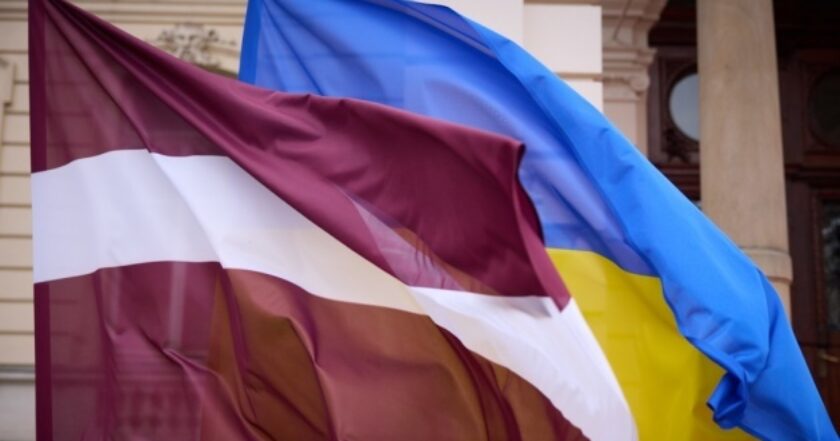
Photo: the Office of the President
Like this year, Latvia will provide 20 million euros to the international drone coalition next year to bolster Ukraine's defense capabilities. Furthermore, Latvia has begun training drone operators from Ukraine.
Delfi cites the message of the LETA agency.
During a working trip to Ukraine, Latvian Defense Minister Andris Spruds observed that providing these funds will bolster Ukraine's capabilities in unmanned aerial vehicles.
He also noted that the skills of effective use of drones on the battlefield are equally important.
"Whether it's reconnaissance operations or attacks on specific targets, the Ukrainian armed forces have proven the high efficiency of drones in the fight against the enemy," Spruds emphasized.
Hence, implementing the agreement between the two countries to train Ukrainian drone operators in Latvia will facilitate the exchange of experience and knowledge between the military personnel of both nations. The acquired skills will enhance the Ukrainian military's capacity to utilize drones against the aggressor effectively.
Spruds said that the first Ukrainian drone operators have already started training in Latvia.
He added that by the end of the year, the Ministry of Defense of Latvia will continue to purchase drones of local production for Ukraine's needs.
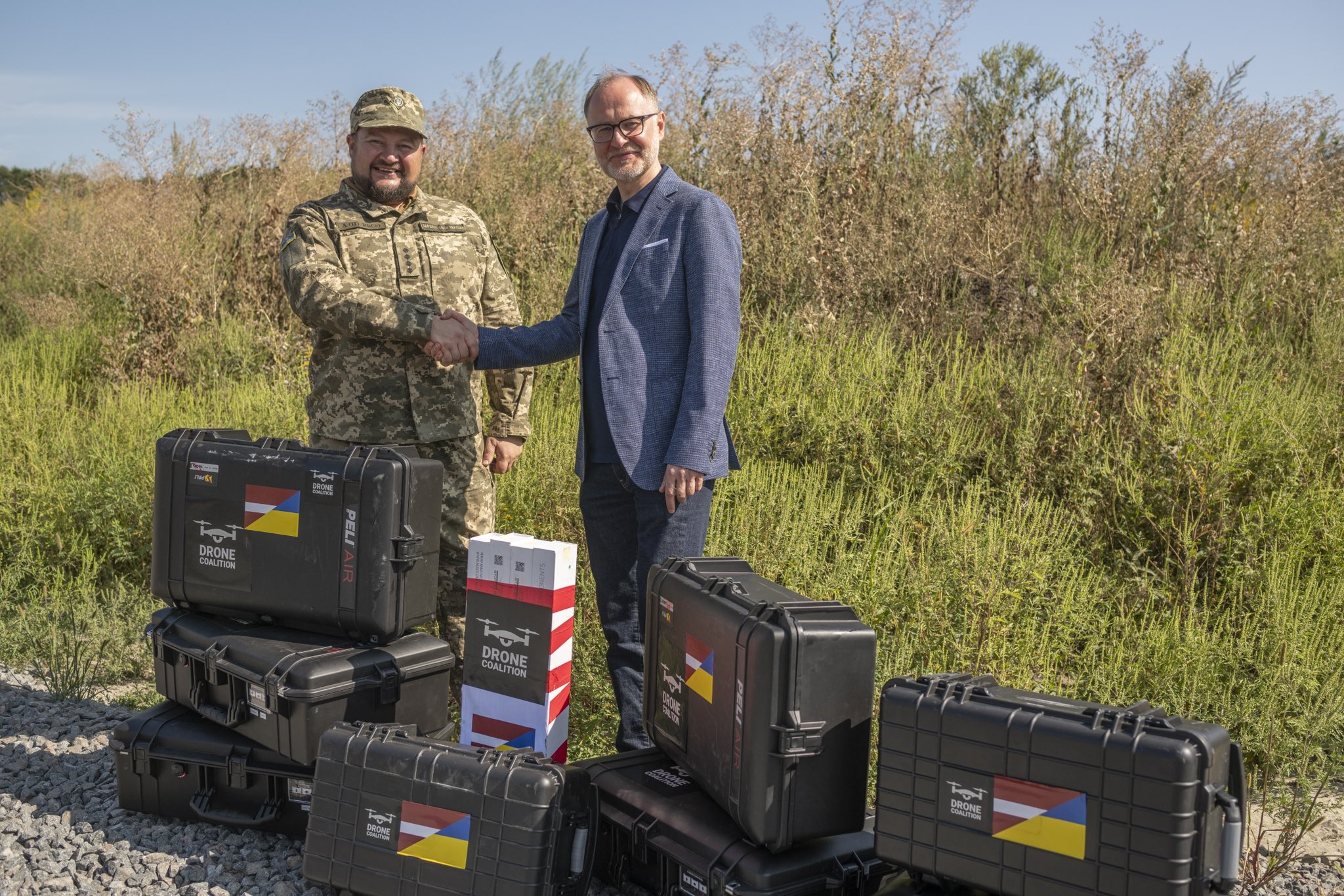
Minister of Defense of Latvia Andris Spruds transfers aid to the Defense Forces of Ukraine. August 2024. Photo: Ministry of Defense of Latvia
Purchases are divided into several stages to give Latvian companies the opportunity to gradually increase production volumes and adapt to Ukrainian needs.
Also, during the visit to Ukraine, the Minister of Defense of Latvia met with the Deputy Minister of Strategic Industries, Anna Hvozdiar, to discuss the cooperation between the two countries in the field of defense industry development and to promote the development of new technological capabilities to ensure Ukraine's victory in the war.
Since Latvia created the coalition in February 2024, it has ensured the supply of 3,000 combat drones of various types and characteristics to Ukraine.
As reported, Latvia will allocate 0.25% of the gross domestic product annually to support Ukraine until 2026, which is about 10% of the defense budget.
This year, Latvia allocated 20 million euros for the needs of the coalition. As of June, the participating countries collected 549 million euros for the supply of various drones to Ukraine.
Before the visit, Spruds said that Latvia had prepared the largest batch of drones from local manufacturers for shipment to Ukraine.
For reference:
On January 18, the creation of the Coalition of Drones and Radio-Electronic Warfare was reported.
Latvia initiated the creation of the Coalition. The initiative was announced during a December 2023 meeting between its Minister of Defense, Andris Spruds, and the Minister of Defense of Ukraine, Rustem Umerov.
According to the Latvian minister, this initiative will help the Ukrainian military in the war, where drones have become essential to combat operations.
As of April 2024, the Drone Coalition led by Latvia has already collected almost 500 million euros to purchase drones for Ukraine.
Latvia also provides a drone testing ground to industrial and military enterprises to continuously improve drone technology.
Furthermore, Latvia declared in July that it would donate over 2,500 drones to Ukraine worth approximately 4 million euros. These supplies will be provided through the leadership of Latvia's "drone coalition."
Great Britain has announced an industry competition to develop and acquire FPV drones, and they have already received 265 applications. The evaluation process is underway, and the first contracts are anticipated to be finalized in August.
Currently, the International Drone Coalition includes 14 countries – Latvia, Ukraine, Great Britain, Australia, Germany, Denmark, Italy, Canada, Lithuania, the Netherlands, Poland, Great Britain, France, Sweden and Estonia.
Moreover, a group of countries formed a coalition in July to fund the purchase of drones for the Ukrainian military. It has also been disclosed that Ukraine's armed forces used a larger number of attack drones than the Russian occupiers during this time.






